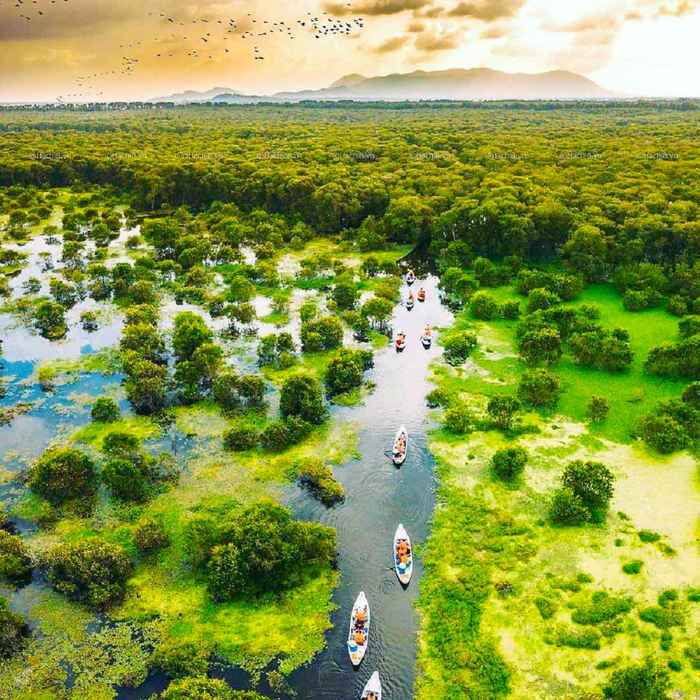On November 27, 2025, ClimateFiGS will host an online talk on the role of the Green Climate Fund (GCF) in financing climate adaptation initiatives under the UNFCCC framework, featuring insights from a GCF project in the Mekong Delta, Vietnam.
Learn more about the event and speakers below.
Discussant: Wangui Kagumba, PhD candidate and team member of ClimateFIGS
Date and time: November 27th, 16:00-17:30
Location: Online (Participants to receive meeting links upon registration)
Register Here

About the Event:
In this talk, we will discuss the role of the Green Climate Fund (GCF) in financing climate adaptation initiatives under the UNFCCC framework, with focus on the evaluation processes established for continuous improvement. The presentation will highlight a case study of a GCF project in the Mekong Delta, Vietnam, an area both highly productive and vulnerable to climate change. The discussion will highlight the effectiveness of mangrove regeneration and resilient housing initiatives in addressing environmental challenges such as flooding and salinization.
The Mekong Delta is one of the world’s most productive and climate-vulnerable regions. Three experienced experts will share practical insights on what works, what fails, and what needs to change in how we design and evaluate adaptation interventions.
Dr. Symonekeo Sensathith Thomas will discuss lessons from a Green Climate Fund project in the Mekong Delta, examining the effectiveness of mangrove restoration and resilient housing initiatives. She will highlight gaps between project objectives and real outcomes, the limitations of post-project evaluations, and key reforms needed to strengthen learning and replication under the UNFCCC.
Dr. Andrew Wyatt (of the International Union for Conservation of Nature) will explain the “coastal squeeze” along the delta’s shoreline – driven by sea-level rise, declining sediment loads, and subsidence – and explain why hybrid nature-based solutions that combine engineered structures with ecological restoration are becoming essential for coastal protection.
Prof. Daniel P. Loucks (of Cornell University) will provide a broader view of the pressures facing major river deltas worldwide, drawing lessons from the Mekong Basin. He will show how better hydropower planning, adding solar panels to existing reservoirs, and reducing sand mining and water extraction can help maintain the natural flows that keep delta systems productive and resilient. These nature-aligned management strategies protect biodiversity, sustain agriculture, and support livelihoods, offering practical insights for the more than 30 vulnerable delta region facing similar pressures worldwide.
Together, these presentations will offer a comprehensive view of the technical, ecological, and governance challenges facing delta regions, while illuminating wider lessons for designing effective, context-responsive adaptation and resilience strategies in different settings around the world.
About speakerS:
Dr. Symonekeo Sensathith Thomas is a scholar-practitioner in sustainable international development, specializing in climate adaptation, finance, governance, and international cultural tourism. She holds a Doctor of International Affairs from Johns Hopkins SAIS, where her research on the Mekong Delta examined how post-project evaluation procedures and criteria for climate adaptations can be improved to enable continuous learning and better project design and execution.
She also earned a Ph.D. in International Cultural Tourism from Rikkyo University in Tokyo and an M.A. in International Relations from Ritsumeikan University in Kyoto. With over 20 years of experience across academia, international organizations, and consulting, she has taught at the National University of Laos and the Soutsaka Institute of Technology, and served as a visiting professor at Mahidol University (Thailand) and Sejong University (South Korea). She has conducted field investigations and worked as a consultant for the World Bank, the Government of Japan, and international NGOs.
